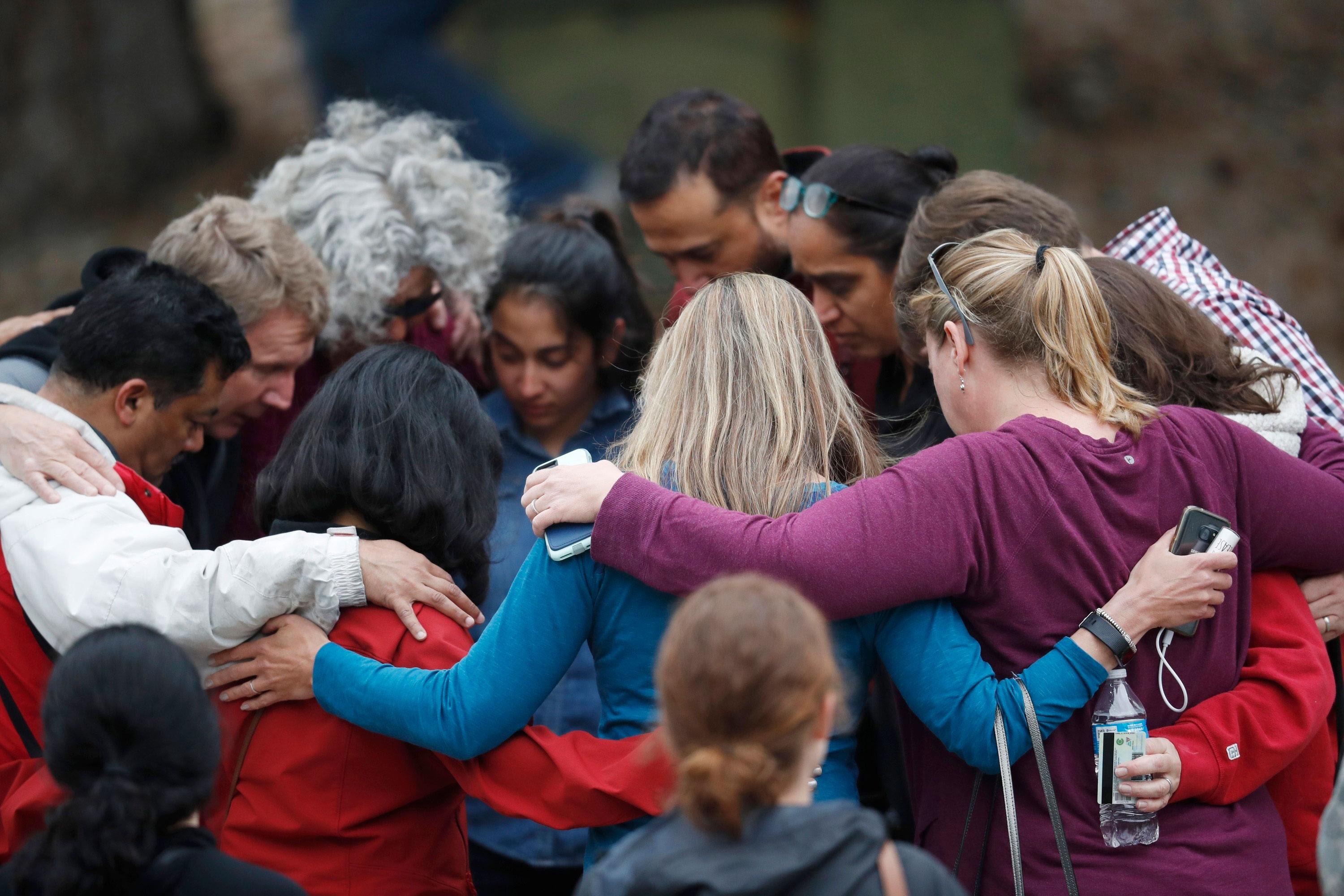
After days of testimony about the troubled upbringing of the teenager charged in planning and carrying out a Highlands Ranch school shooting, prosecutors presented their most compelling reasons that the juvenile deserved to face his fate in adult court.
The mothers of victims.
Nine people were shot at STEM School Highlands Ranch on May 7. Prosecutors say the crime was planned and executed by two teenage classmates at the school, Devon Erickson, who was 18, and Alec McKinney, who was 16.
One STEM student died, Kendrick Castillo. Eight others, most of whom were in the same British Literature class as the two alleged shooters entered with several guns, were injured.
Both Erickson and McKinney face more than 40 felony counts, including first-degree murder in the death of Castillo. Thursday marked day four of a reverse transfer hearing in which prosecutors are trying to keep McKinney’s charges in adult court. His defense attorneys want him tried as a juvenile.
On Thursday, Jennifer Kraus recounted the agony of that day. She was home with her older son, who was visiting from college, when she got a call from her youngest, Mitchell, a little after 2 p.m. that May afternoon.
“Mom,” he said, breathlessly and in agony. “Mom, help.”
His cell phone was handed to a stranger, who told her that Mitchell had been shot and he was laying in a stranger’s front yard near the school. Eventually, she met Mitchell at a Littleton hospital where he was about to go into surgery. He was bloody and on a gurney, but was alert.
“I hugged him,” she said, from the stand, sobbing. “I told him I loved him. I told him he was going to be OK … He couldn’t talk well, but he did ask, ‘How is Kendrick?’”
Kraus’s testimony sparked loud sobs throughout the courtroom: from students, from other parents, and from McKinney, who was sitting at the defense table clad in an oversized grey sweatshirt. McKinney’s family and the Castillos, sitting in the front row, were also in tears.
“Everyone loved Kendrick,” Kaus said, still crying.
Jean Gregory told District Judge Jeffrey Holmes that she was visiting a nursing home in Parker to gauge whether she should take her dad there when she got a text that Douglas County schools were on lock down.
She looked at the text, but didn’t think much of it because she’d seen lock down alerts before. She definitely never believed her son, Jackson, would be a victim.
Jackson was also shot in the arm and the bullet traveled to his back. He had surgery and spent one night in the hospital.
Gregory said that her son isn’t the same as he was.
“He’s in college, he still really wants to spend time with his high school friends, though. He’s not branching out,” she said. “He feels guilty that he didn’t do more.”
Gregory said she and her husband still have a hard time sleeping.
Holmes also heard from state Department of Corrections officials about juvenile incarceration versus adult incarceration.
Capt. Eric Langoni of the Youthful Offender System within the adult corrections said juveniles serving prison time have it much different than adults serving time. He mentioned getting trained for trades, canteens and televisions.
Another juvenile corrections expert testified that, if he were allowed to remain in the juvenile system, McKinney would be the only person serving time in youth corrections in Colorado for a mass shooting.








